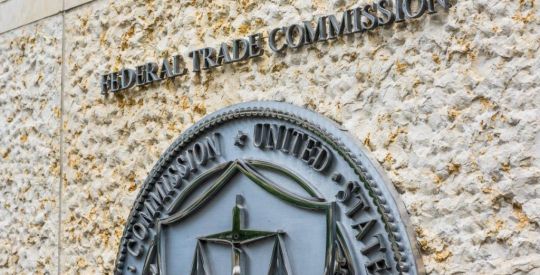Freddie Mac reported $27 million in expenses for maintaining and reselling houses repossessed through foreclosure in the second quarter, a mere fraction of the $257 million the previous period. REO expenses include maintaining a foreclosed property as it sits vacant and adjustments in the valuation of the property. Freddie was able to make a 90% reduction from the first quarter, because the actual value of the properties increased. In comparison, the peak REO expenses for Freddie came in the third quarter of last year when it reported $337 million in expenses. “The decrease in REO operations expense was primarily driven by an improvement in both REO holding period write-downs and disposition losses as REO fair values stabilized during the second quarter,” Freddie said in its second-quarter earnings report. A Freddie Mac spokesman clarified what happened in an interview with HousingWire Tuesday. “What’s behind it was a dramatic change driven by improvements in the fair market value of the properties,” the spokesman said. “We didn’t have to write down as much and we saw better returns on the sale.” Home price fluctuation has tremendous effects on Fannie Mae and Freddie Mac portfolios. Recent home price indices showed gains in the recent spring and summer months, but analysts also warned of possible downturns ahead again. Freddie could not comment on the future outlook of its valuations. Freddie reported a return to losses in the second quarter after squeezing out a profit earlier in the year. Since entering conservatorship in the fall of 2008, Freddie took $66.2 billion in bailout from the Treasury Department and paid back $13.2 billion. But work is being done to pare down the REO inventory. At the end of the second quarter, Freddie held more than 60,600 previously foreclosed, or REO, properties, a 16% decline from Dec. 31. It repossessed nearly 25,000 properties during the three months ended June 30 and resold nearly 30,000 more. However, Freddie Mac pointed out in the same financial filing a lingering delay in the housing recovery: foreclosure delays. Recent issues in the mortgage servicing industry, which include forged affidavits and improper documentation, held up the foreclosure process late last year, but local regulations and rules are also hurting Freddie’s ability to rid itself of bad assets. Roughly 33% of the houses repossessed by Freddie Mac through foreclosure are not marketable because of local rules and regulations. Freddie said an increasing portion of its incoming REO is in areas where the borrower is given an extended period after repossession to reclaim the property. Also, Freddie kept a tenant in more REO properties recently under an existing lease or has only just started the eviction process. Therefore, Freddie could not market roughly one-third of its REO properties – roughly 20,000 of the current inventory – because of these restrictions. That’s up from 28% at the end of 2010. As a result, the amount of time Freddie has to hold onto these properties was extended. It took a Freddie Mac servicer nearly 500 days on average to complete a foreclosure from the last scheduled payment made by the borrower, up from 451 days in 2010. Freddie held the REO sold in the first six months of 2011 for a period of 193 days after repossession, excluding periods where the borrower could have reclaimed the house. That’s up from 151 days in the first half of 2010. “We expect the pace of our REO acquisitions will continue to be affected by delays in the foreclosure process in the remainder of 2011,” Freddie said. Write to Jon Prior. Follow him on Twitter @JonAPrior.
Rise in REO value cuts Freddie Mac holding expenses by 90%
Most Popular Articles
Latest Articles
FTC bans noncompete clauses nationwide
The measure follows up on a 2021 executive order by President Biden, but one group has already vowed to challenge it in court.
-
New home sales still growing from 2022 lows
-
Guild Mortgage CEO on values, culture and M&A priorities
-
US Mortgage Corporation committed to reverse channel, new HECM head says
-
Labor Department announces new rule to shield retirement savings
-
loanDepot CEO talks ‘longer and tougher’ mortgage cycle, NAR settlement and cyberattacks



